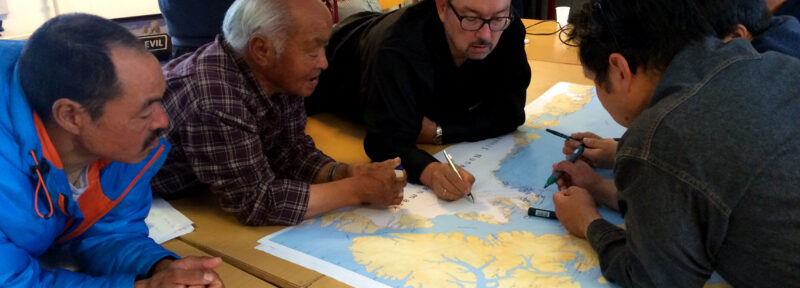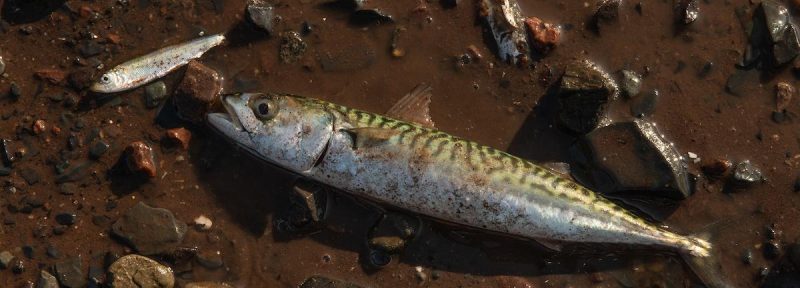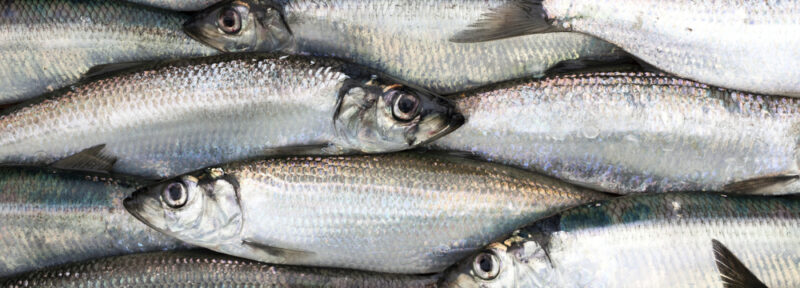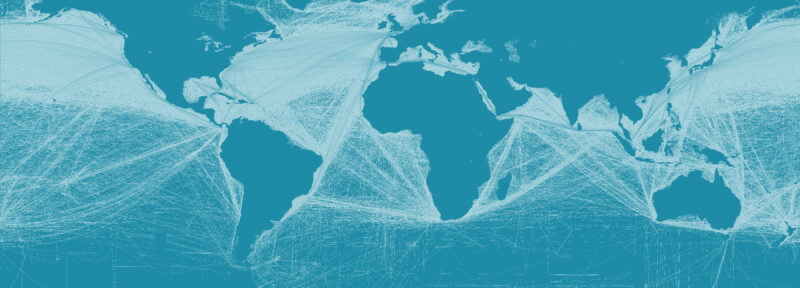Oceans North Calls on DFO to Follow Science and Continue Mackerel Closure
HALIFAX—The latest scientific assessment of Atlantic mackerel, presented yesterday by Fisheries and Oceans Canada, shows that the stock remains at critically low levels.
“While we would have liked to see good news, it’s still too soon to expect results with the stock in the critical zone,” says Katie Schleit, Fisheries Director at Oceans North. “To give the fishery the best chance at recovery, the Minister should keep it closed until the next assessment.”
Last year, DFO placed a moratorium on the bait and commercial fisheries for Atlantic mackerel after years of dramatic decline in the stock’s health. Over the last two years, the northern contingent of Atlantic mackerel has been estimated to be at the lowest values ever recorded, and there have been no real signs of growth since 2015.
Allowing mackerel to recover makes both environmental and economic sense. As “forage fish,” mackerel play a crucial role in Atlantic ecosystems: they are prey for whales and seabirds, as well as for commercially caught species such as tuna. They are also commonly used as bait in the region’s lucrative lobster fisheries. Oceans North commissioned a socio-economic analysis in 2020 that revealed that rebuilding the mackerel stock could lead to benefits estimated at over $54 million, with a 12.9 percent return on the “investment” in stock rebuilding.
Achieving these benefits will require following the evidence and making difficult decisions that balance the needs of multiple interest groups. The latest science assessment was informed by many data factors and included DFO scientists and managers, provincial representatives, Indigenous representatives, the fishing industry and environmental organizations. “We have a lot of confidence in the peer-reviewed science process for mackerel, which incorporates a variety of data sources and views,” Schleit says.
The assessment addressed many of the concerns that stakeholders raised, including a review of mackerel spawning areas. It concluded that while some spawning does occur outside of the Gulf of St. Lawrence, where the annual egg survey is conducted, there is no evidence that this has a major impact on assessment results. Other sources for information on the health of the fishery include landings and age estimates. Because the commercial fishery was closed last year, DFO conducted scientific surveys in partnership with industry.
“Years of delays in rebuilding the stock got us to where we are today. We can’t afford another step backward—the Minister needs to stick with the science and the decision she made last year,” Schleit says.
For more information or to arrange an interview, please contact:
Alex Tesar
Communications Manager
[email protected]




